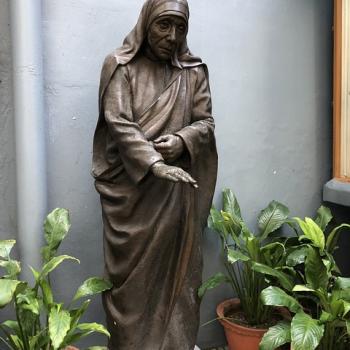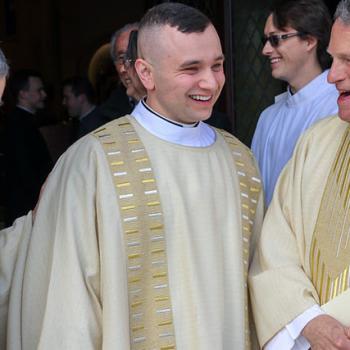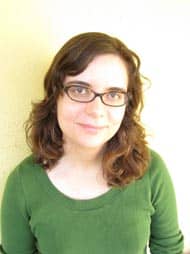But Bobkowski says people also overestimate the extent to which religious prejudices exist.
In a separate study, Bobkowski created three fake social-networking profiles. The only difference between the three profiles was the amount of religion incorporated into each: one profile had no mention of religion; in the second, the person identified themselves as "Christian"; and the third had extensive evidence of the user's Christian identity.
Over 200 undergraduates were asked to look at the profiles. And while Bobkowski said "less religious respondents generally evaluated the extensively disclosing Christian less favorably, and more religious respondents evaluated the same individual more favorably," overall, students tended to have a negative impression of the third profile only.
Bobkowski said he thinks this is evidence that with regard to religiosity, negative biases on social-networking sites only exist in more extreme circumstances.
Of course, how much of any of this holds true when studying a larger segment of the population or within the context of other kinds of religious identification -- someone identifying themselves as Buddhist, for example -- remains to be seen.
Alicia Enciso, the grad student at the University of Texas, said she has friends who have taken on an online religious identity that bears little resemblance to their spiritual practice offline.
"I know other people on Facebook who aren't particularly familiar with a specific religion but choose to use that religious identification on Facebook as part of a certain identity construction they're going for (i.
But in general, Bobkowski's findings align with what other researchers have observed about online identities. That is, that users tend to underscore what they view as "their more desirable features while muting less flattering ones," while still being true to how they really are -- offline.
In today's environment, that translates to youth lumping their Christian leanings with what they see as their other less-than-enviable traits, all of which are to be downplayed on the Web.





